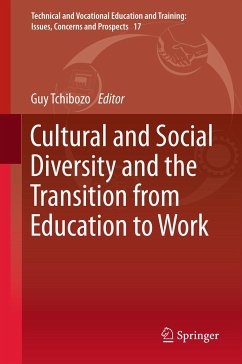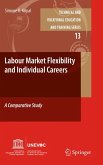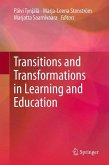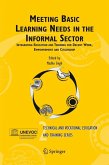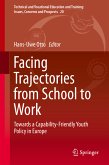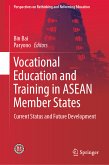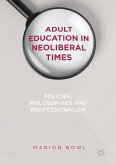This edited volume provides multidisciplinary and international insights into the policy, managerial and educational aspects of diverse students' transitions from education to employment. As employers require increasing global competence on the part of those leaving education, this research asks whether increasing multiculturalism in developed societies, often seen as a challenge to their cohesion, is in fact a potential advantage in an evolving employment sector. This is a vital and under-researched field, and this new publication in Springer's Technical and Vocational Education and Training series provides analysis both of theory and empirical data, submitted by researchers from nine nations including the USA, Oman, Malaysia, and countries in the European Union.
The papers trace the origins of business demand for diversity in their workforce's skill set, including national, local and institutional contexts. They also consider how social, demographic, cultural, religious and linguistic diversity inform the attitudes of those seeking work-and those seeking workers. With clear suggestions for future research, this work on a topic of rising profile will be read with interest by educators, policy makers, employers and careers advisors.
Dieser Download kann aus rechtlichen Gründen nur mit Rechnungsadresse in A, B, BG, CY, CZ, D, DK, EW, E, FIN, F, GR, HR, H, IRL, I, LT, L, LR, M, NL, PL, P, R, S, SLO, SK ausgeliefert werden.
Hinweis: Dieser Artikel kann nur an eine deutsche Lieferadresse ausgeliefert werden.

